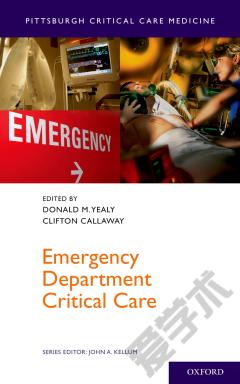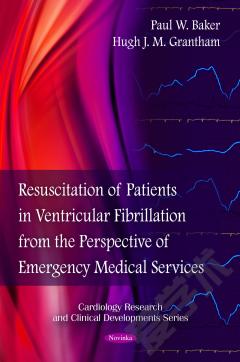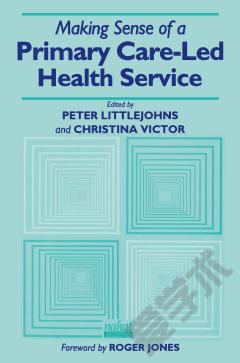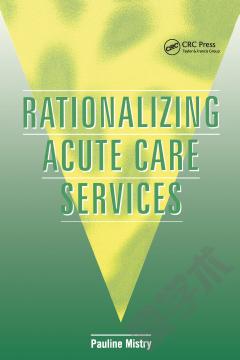Perspectives on Emergency Medical Services as an Essential Service
Emergency medical services (EMS) systems provide important benefits to the public. Every day, EMS systems provide immediate medical care in response to individual health emergencies, such as motor vehicle crashes. They also play an important role in responding to disasters that threaten the health and safety of the larger public. Yet EMS does not receive the same recognition and support from policymakers as other services such as police and fire departments. The National Emergency Medical Services Advisory Council has argued that the lack of recognition of EMS as an essential service and public good hinders the efficiency, effectiveness, and equity of EMS provision and—by extension—that of the Nation’s healthcare and disaster preparedness. This book explores the concept of an essential service as it relates to EMS and considers the pros and cons for States and localities of implementing EMS as an essential service. Also, it examines the characteristics of a public good in economic theory as they relate to EMS systems and discusses the general policy guidance economic theory offers regarding their efficient provision.
{{comment.content}}








 京公网安备 11010802027623号
京公网安备 11010802027623号